Beloki: A crash like Chris Froome's is a life-changing experience
'Mentally, we aren't prepared to face injuries like these' says former rider
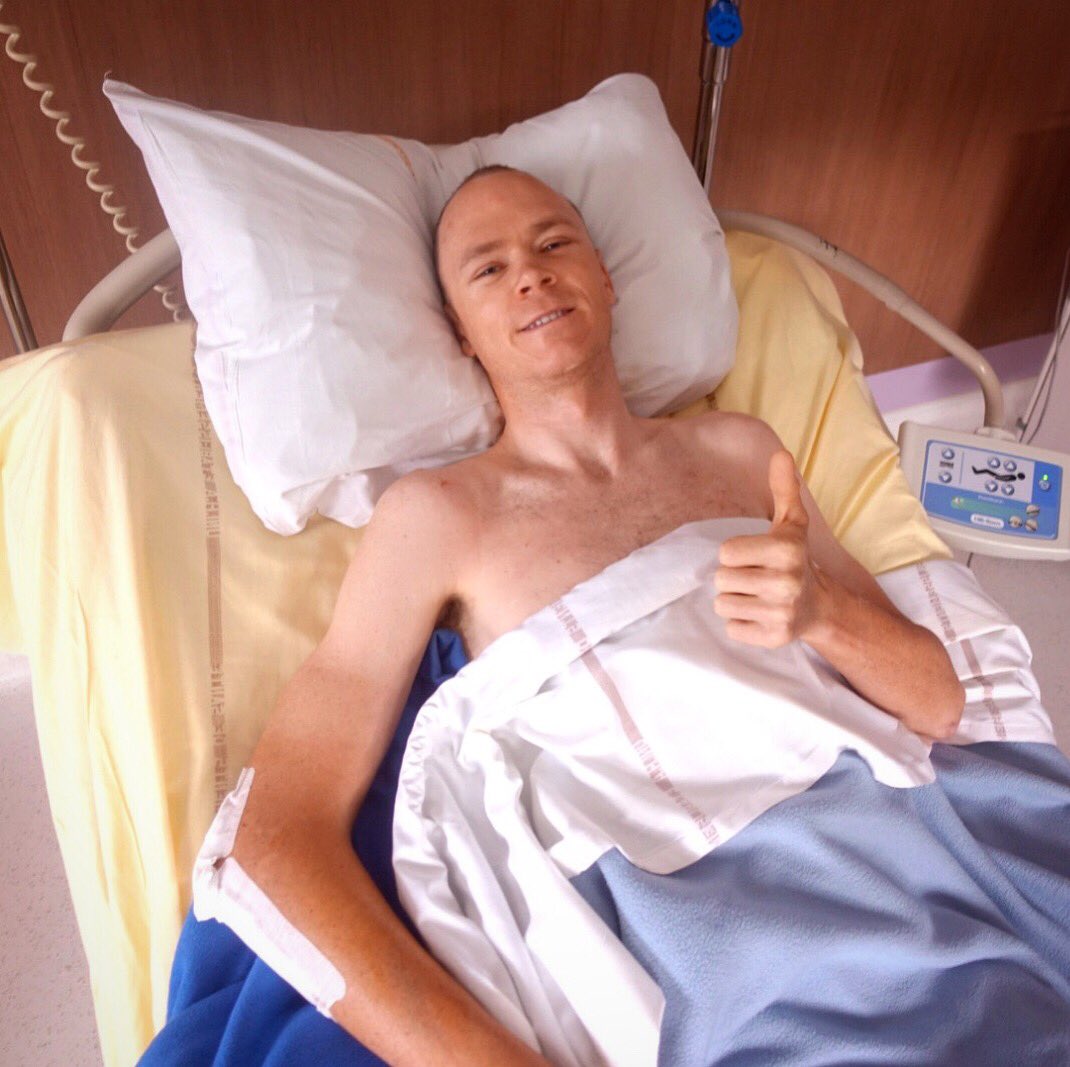
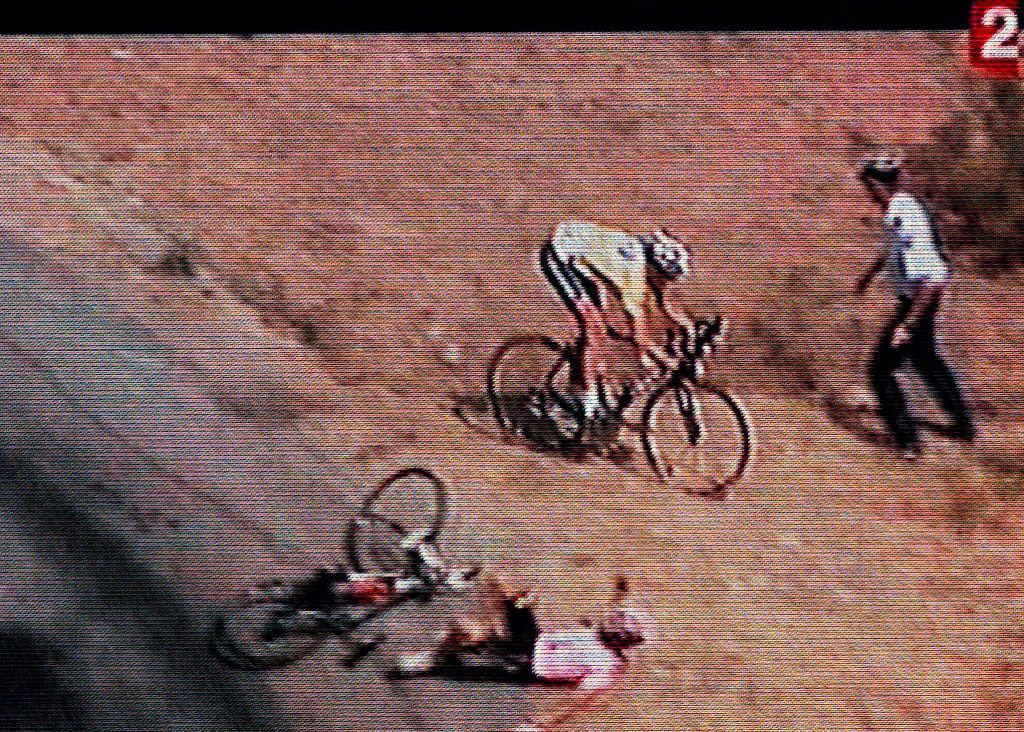
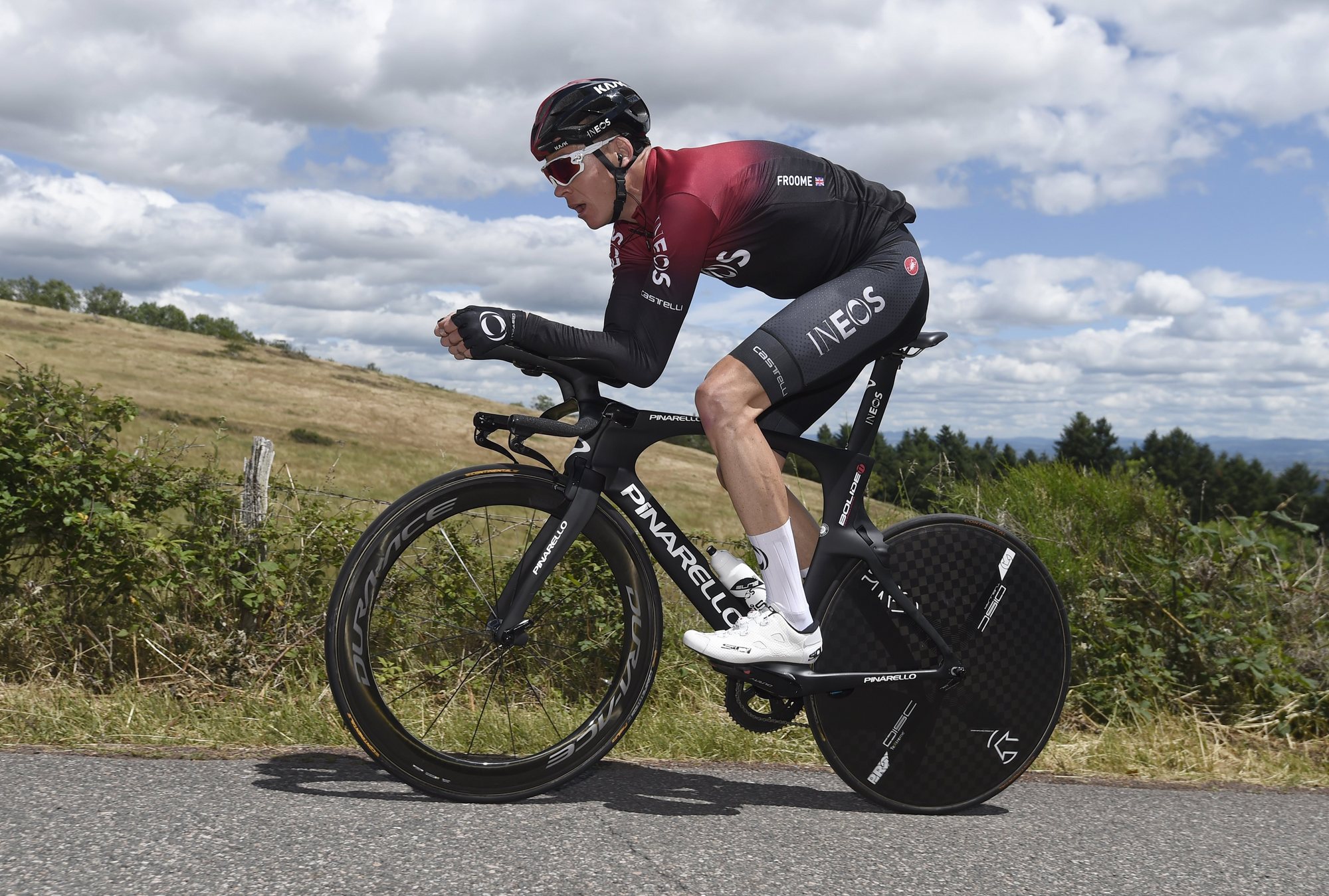
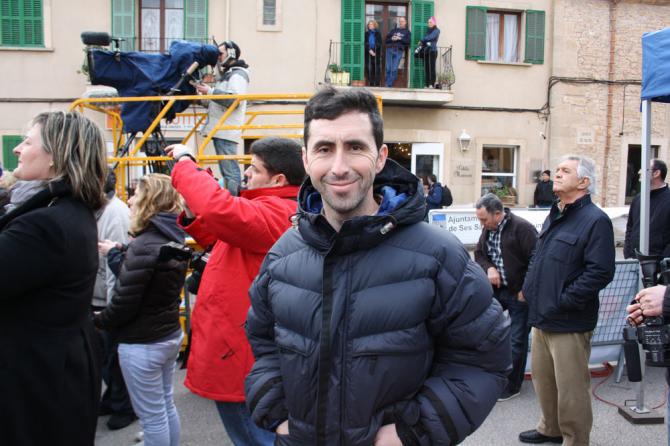
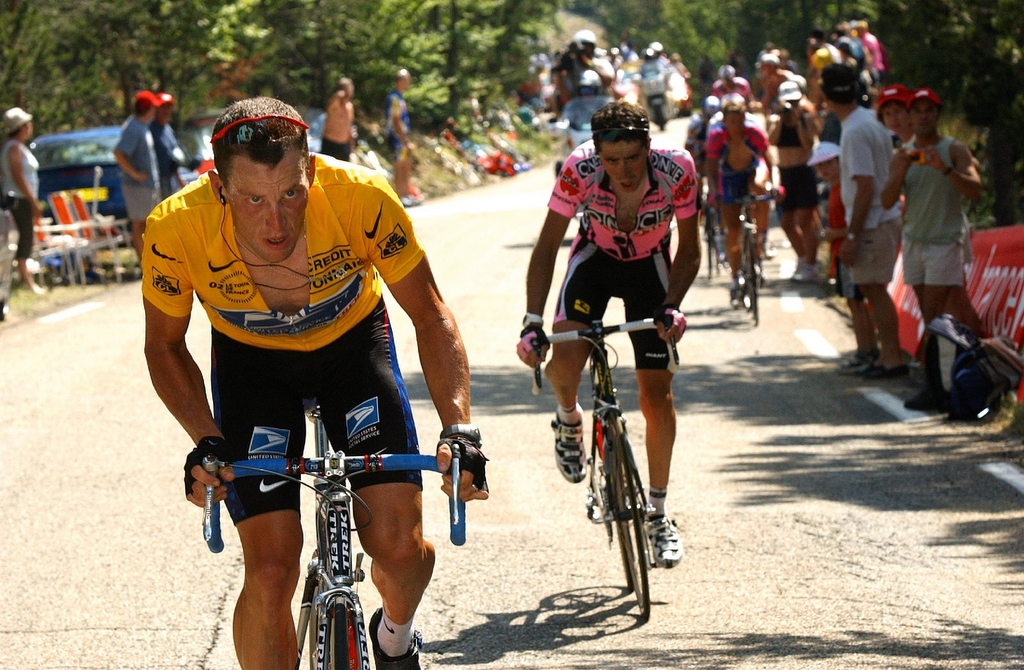
Joseba Beloki has told Cyclingnews that he believes Chris Froome's recent crash represents a "life-changing experience" and "one from which it will be very tough - but by no means impossible - to return to racing".
Dan Martin: I'm still replaying Chris Froome's Dauphine crash in my head
Chris Froome latest, Brailsford's and Dan Martin's witness account - Dauphine Podcast
Chris Froome could come back stronger within six months, says surgeon
Chris Froome diagnosed with additional sternum and vertebrae fractures
Chris Froome thankful for 'overwhelming support'
Thomas: Chris Froome Tour de France absence is a setback for Ineos
Beloki was victim of a major downhill high-speed crash in the 2003 Tour de France when he skidded off the road close to the finish in Gap in the Alps.
Like Froome, he broke his femur and elbow, as well as his wrist, whilst Froome also broke several ribs, as well as fracturing his sternum and vertebrae.
Whilst repeatedly underlining that he does not know the exact medical details of Froome’s current injuries, and that he cannot make a direct physical comparison, Beloki says that, based on his own experiences, such a huge crash is 'life-changing'.
"I’m not forgetting that each person's body is different, and each crash is different, but as soon as I heard the news about Chris, I noticed how his accident was in some ways similar to mine in terms of injuries in the same zones, even if the fractures themselves will of course be different," Beloki told Cyclingnews.
"From what I’ve read and heard, even with things like the surgeons saying it’ll be at least six months before he’s fully recovered, it seems clear that he’ll get through this and get better. Partly because these days medical practice is much more sophisticated and effective than it used to be.
"So whilst emphasising that I’m Joseba Beloki, and I’m not in absolute possession of the truth about Chris’s situation, I do know injuries like these present a lot of problems, and his recovery process is almost certainly not something that will happen in a straight line. It’ll likely be two days forward, one day back. It’ll be hard."
Get The Leadout Newsletter
The latest race content, interviews, features, reviews and expert buying guides, direct to your inbox!
Beloki says the road back mentally will be an extremely challenging one as well. As he puts it, "the thing is that when faced with injuries like these, it’s impossible to be prepared for them."
Furthermore, a whole year has gone by, Beloki points out, since Froome was last racing at 100 per cent, in the Tour de France last year. Now the Team Ineos racer faces another six months off the bike. The knock-on effects of such a long time away in 2020 will be unpredictable, to say the least.
"He may need further surgery, for example, to remove the rods placed inside the femur. Although I didn’t have the operation, other people do," Beloki said. "Then when he’s riding again, the whole situation can be complicated by other questions, like if he needs to adopt to new positions on the bike or on the TT bike."
Beloki is far from being alone in the professional cycling world in wishing Froome a speedy recovery from his terrible accident, saying: "Chris has already shown that he's a real fighter. Above all, you could see that in the Giro d’Italia last year and how he won that after all those setbacks. Psychologically, he's strong."
He also emphasised there has been a collective outpouring of wishing Froome well. "This is one of those crashes when everybody feels sorry over what has happened. Sometimes something serious happens to a rider and it doesn’t have the same impact, it doesn’t resonate with people. But this one, definitely."
Furthermore, Beloki is convinced that Froome will return to racing again.
"Froome deserves to win a fifth Tour, I’d love him to do that. It’d also be a great way for people to realise that injuries can be overcome, and that you can fight against them, no matter the odds."
In Beloki’s case, his career post his 2003 crash was definitely a case of a half-empty, half-full glass. The triple Tour podium finisher returned to racing the following year but he never reached the same high level as before the fall on the road to Gap. Even now, Beloki - who is currently writing a book about his crash and the aftermath, which he hopes to publish this winter - still has a slight limp as a result of it, and he says he can feel in his body when there are changes in the weather.
However, based on his own experience, the biggest changes, Beloki says, are almost certainly going to be mental.
"When you have a crash like this, during the time you’re recovering - and above all, from July 6th onwards, when the Tour starts - you start evaluating things. You look at what you’ve achieved as a cyclist, but psychologically it sinks in too, what kinds of risks you’ve taken, and you ask yourself, 'should I be more careful, should I brake more?'
"Generally speaking - and I’m not forgetting events like the 2014 Tour - Froome’s career has unfolded fairly smoothly. But in my experience something like this, something as big as this, is different.
"Every time you take a shower, you see the scars on your elbow or your hip, and you remember the hours the operation took to heal them. After a crash like this, you remember what you’ve done and you think about what you can do. But I believe your value system changes."
Alasdair Fotheringham has been reporting on cycling since 1991. He has covered every Tour de France since 1992 bar one, as well as numerous other bike races of all shapes and sizes, ranging from the Olympic Games in 2008 to the now sadly defunct Subida a Urkiola hill climb in Spain. As well as working for Cyclingnews, he has also written for The Independent, The Guardian, ProCycling, The Express and Reuters.
